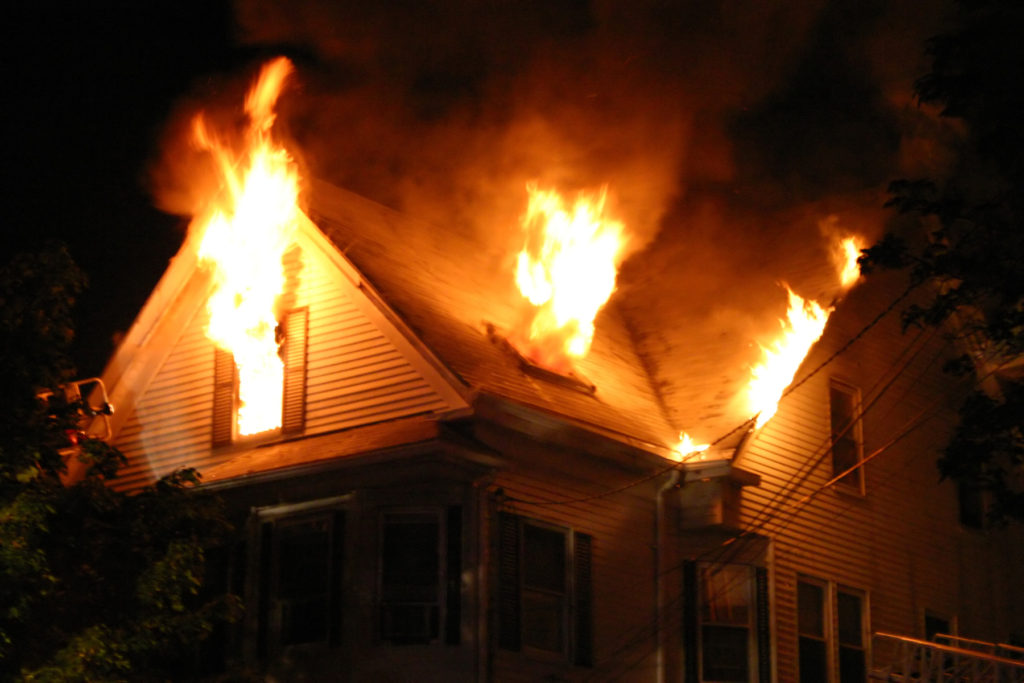- People
- Expertise
Our expertise
We are a team of more than 500 professionals, with the depth of experience which makes us genuine experts in our fields. Together, gunnercooke’s people have strength across just about every corporate discipline and sector. We provide legal, commercial and strategic advice that delivers real value to the clients we work with, which span from multinational enterprises through to unicorns and non-for-profit organisations. Our breadth of expertise covers some of the most interesting and important emerging disciplines, from ESG and charity law, to blockchain and competition.
Search by practice areaDispute ResolutionDispute Resolution OverviewMeet the Dispute Resolution TeamIntellectual Property DisputesFinancial Services & FinTech OverviewProceeds of CrimeEmployment TribunalTax InvestigationProperty Dispute ResolutionInsolvency DisputesMediationCivil Fraud & Asset TracingHealth & SafetyBusiness Crime & InvestigationsLitigation & ArbitrationInternational Arbitration - International
International Offices
The gunnercooke group has 15 main global offices across England, Scotland, the US, Germany and Austria, with further plans for growth in the coming years. These offices enhance the existing in-house capability of our dedicated international teams and dual-qualified experts that cover Spain, France, Italy, Portugal, Brazil, China, India, Poland and Hungary. Our team have clients across 123 jurisdictions, speak 46 languages and are dual-qualified in 21 jurisdictions. Our expertise means we can offer large teams to carry out complex cross-border matters for major international clients.
- Our story
Our story
gunnercooke is the fastest growing corporate law firm in the UK, now making its mark globally. We comprise a rapidly growing number of experts spanning legal and other disciplines. Clients benefit from flexible options on fees to suit their needs, access to a wider network of senior experts throughout the relationship, and legal advice which is complemented by an understanding of the commercial aspects of running a business.
- Reading Room
- News & Insights

A Burning Issue – what happens if a property is damaged or destroyed between exchange and completion?
Most clients would expect that if the property is damaged or burns down, the sale goes off and the buyer can walk away. I hope most lawyers would know that under the standard conditions of sale, that is not the case. Until a few years ago, it was the case with residential property that if the property was damaged or destroyed between exchange and completion so as to be unusable, the buyer could choose to rescind the contract and walk away with his or her deposit returned. That has not been the case with commercial property for some time and is no longer the position with residential property.
Buyer Beware
The current position for both is that the buyer takes the risk of the property being damaged or destroyed between exchange and completion and is obliged to complete and pay the full purchase price notwithstanding the property is a smouldering heap of rubble at completion. This seems particularly hard because the seller will be in occupation of the property and responsible for it, not the buyer. If the damage is manageable or the property is extra special, I can just about imagine a situation where the buyer would choose to go ahead with the purchase. But most often, I think a purchaser would want to walk away and find somewhere else to live. There is also an insurance issue. If the risk is with the buyer, the buyer must insure the property. But the seller will almost certainly also insure thus raising problems of double insurance.
Chain Reaction
I think the Law Society may have amended the standard conditions of sale for residential properties to force the buyer to complete the purchase because it perceived that where a transaction fails to complete in a chain of transactions, the result for the buyers and sellers below the failed transaction is catastrophic chaos. No-one can complete, everyone is in default. This has rarely been true of commercial property where chains of transactions are unusual. In the world of high net worth buyers, it is also quite rare for there to be a chain. This is because buyers are often offshore and buying an additional property rather than a replacement for their main home.
Amendment to Place Onus on Seller
The solution is easy. Amend the contract to exclude condition 5.1.1 in the Standard Conditions of Sale 5th Edition and provide that the risk stays with the seller and the buyer can choose to walk away with his or her deposit. The buyer should require the seller to carry on insuring the property until completion for the benefit of the buyer in case the property suffers minor damage and the buyer elects to proceed with the purchase. This also avoids the issue of double insurance.
Where the seller’s solicitor is CQS registered, the amendment will be resisted on the basis that no amendment of the Standard Conditions 5th edition will be permitted. In that case you will need to take your client’s instructions as to how strongly your client feels about the issue.
A Hidden Problem
Why has this not been an actual issue which clients and lawyers are aware of? I think it is because we live in a country blessed with fine electricians and property rarely burns down!
Another interesting question which I have never seen raised by another lawyer is: what happens if one joint seller or buyer dies between exchange and completion? Chaos is the answer again. In my own recent house purchase I insisted on a clause enabling us as buyers to rescind the contract if either of us or the sellers died. Sometimes being a client alerts us to worries we don’t think of as lawyers.

Article by Antonia Brandes, Real Estate Partner
e: [email protected]
t: 0203 931 9060






